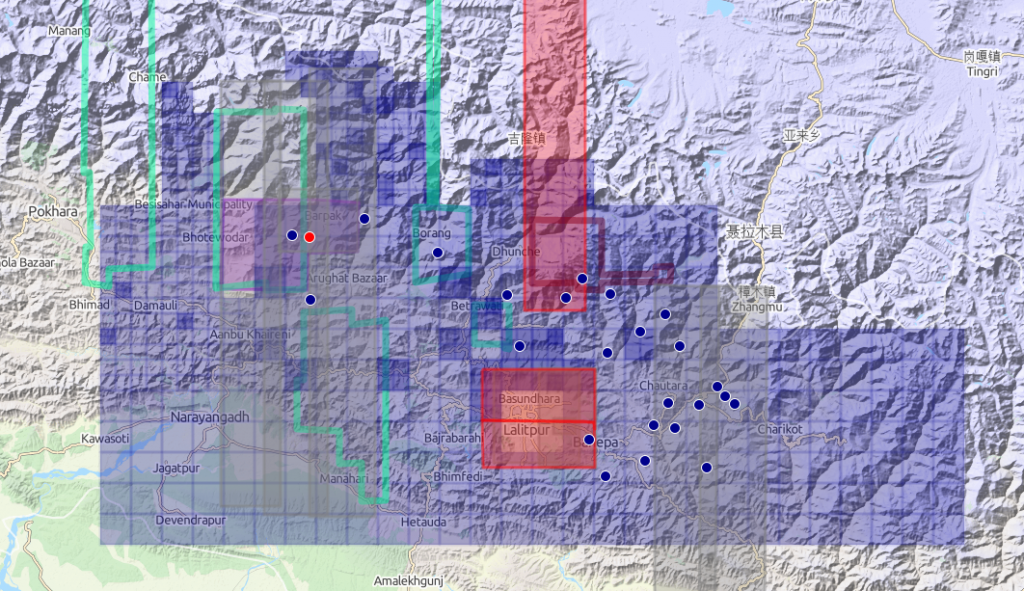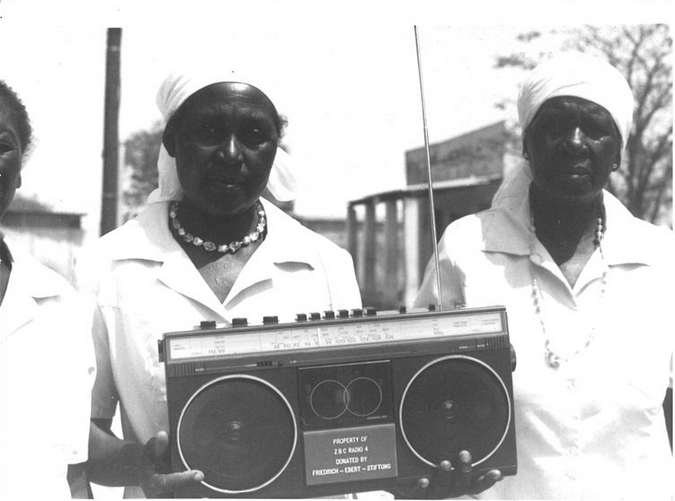by Maya Ganesh, Dirk Slater and Beatrice Martini.
“You are welcome anytime, you’re not like others who come with their own bag of potatoes”
It’s with these words that the chair of Women’s Network for Unity (WNU), a sex worker collective based in Phnom Penh, thanked Maya Ganesh and Dirk Slater from Tactical Technology Collective for approaching the work with them with no assumptions or preconceived agenda, but eager to listen and develop their collaboration together.
Mutual trust and respect, real commitment to collaboration and flexibility are all essential elements to be responsibly equipped to work with a marginalised community. And they are not even enough. That’s why, together with Maya and Dirk, we decided to write about the experience as potato-less tech capacity builders, as we think it could greatly help other practitioners planning to collaborate with groups struggling to get their rights honoured and their voices heard.
Continue reading Working with marginalised communities on using data and technology in advocacy

